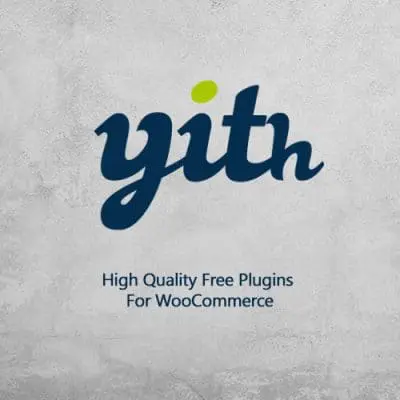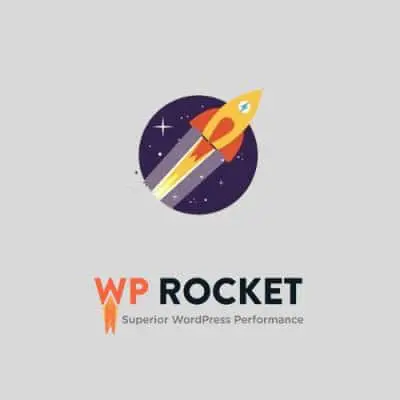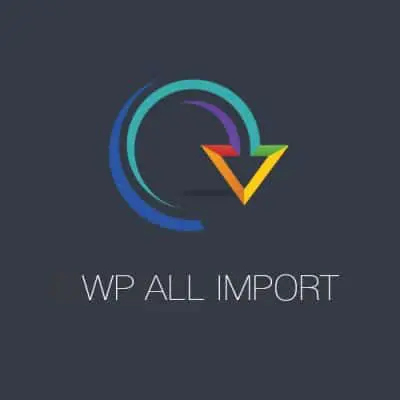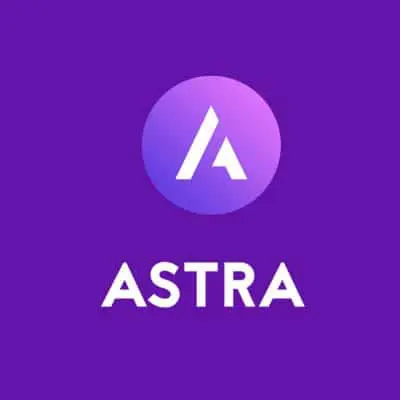Now, let’s not forget about content strategies. This is where your creativity can truly shine! Creating engaging and informative content around those keywords is like setting up an inviting buffet at your party. You wouldn’t just serve stale crackers, right? Instead, offer a spread of juicy posts, vibrant images, and engaging videos that keep users munching away and wanting more. Remember, the goal is to keep them on your site, so make sure your content answers their questions and adds value to their experience.


And speaking of experiences, let’s talk about page speed. Imagine trying to enjoy a party when the music keeps cutting out or the snacks are hours late—frustrating, isn’t it? A sluggish website can turn users away faster than you can say “bounce rate.” Improving your page speed is like ensuring the playlist flows seamlessly. Compress images, leverage browser caching, and minify CSS—these tweaks can all help your site load like a charm. When your site runs like greased lightning, users are likely to stick around, explore, and maybe even come back for more.
Frequently Asked Questions
Why Is Page Speed Important for SEO and User Experience?
Page speed significantly impacts both SEO rankings and user experience. A faster-loading website enhances user satisfaction, reducing bounce rates and increasing engagement. Search engines prioritize speedy pages, improving visibility in results. Optimizing page speed leads to better retention and conversion rates, making it crucial for online success.
How Do I Develop an Effective Content Strategy for My Theme?
To create an effective content strategy for your theme, start by defining your target audience and their needs. Research relevant topics and keywords to guide your content creation. Set clear goals for engagement and conversion, and choose the appropriate formats for your content. Plan a consistent publishing schedule and regularly analyze performance metrics to adapt and improve your strategy over time.
What Are the Best Keywords for SEO Optimization?
Selecting effective keywords involves researching terms that potential customers frequently search for. Utilize tools like Google Keyword Planner and SEMrush to identify relevant phrases with high search volume and low competition. Focus on long-tail keywords for more targeted traffic and consider user intent to enhance relevance. Regularly review and adjust your keyword strategy to align with changing trends and improve your search engine visibility.
How Can I Optimize My Theme for Better Search Engine Rankings?
To enhance your theme for improved search engine rankings, focus on optimizing loading speed, mobile responsiveness, and clean coding. Utilize SEO-friendly structures like header tags and alt attributes for images. Implement schema markup to enhance search visibility and ensure that your theme supports plugins that improve SEO features. Finally, regularly update content and conduct keyword research to align with current trends.
What Tools Can Help Me Identify the Right Keywords for My Content?
To find the right keywords for your content, consider using tools like Google Keyword Planner, SEMrush, Ahrefs, and Ubersuggest. These tools help you discover popular search terms, analyze competition, and assess search volume, enabling you to target effective keywords that enhance your content’s visibility.













